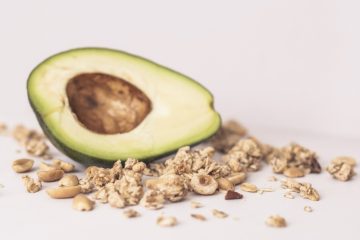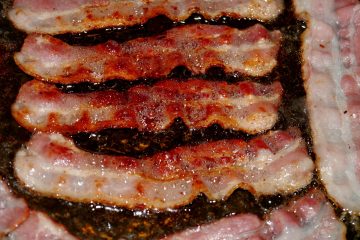The keto diet has been proven to be of benefit for those suffering with diabetes. However, there are a few misconceptions that need to be explored and we must take a practical look at the diet.

Prediabetes
For a start, the keto diet is highly effective for people who are in the prediabetes stage. Those who are prediabetic are usually suffering from insulin insensitivity, weight gain and other health issues that will most likely go on to develop type 2 diabetes.
If you are in this stage, the keto diet will immediately arrest the problem. By limiting your carb intake to about 20 to 50 grams per day, your blood sugar levels will not be spiking wildly throughout the day.
This is half the battle won. After about 4 to 7 days of being on a fat-based keto diet, your body will enter into a state known as “ketosis”, where your body uses chemicals in the body known as ketones for energy.
Using these ketones for fuel is much more beneficial to the body than relying on glucose for energy.
Statistics show the reason type 2 diabetes has skyrocketed over the years is because of excessive consumption of simple carbs.
When combined with high fructose corn syrup which makes its way into most processed foods, these foods cause insulin spikes in the body. Over time, the body develops insulin insensitivity and sets the stage for diabetes.
Burning glucose for fuel is the root cause of so many weight problems. People want to lose weight, but since their bodies are accustomed to burning glucose (carbs) for energy, whenever they restrict their calories or try to reduce their carbs, they get very strong hunger pangs and food cravings which are almost impossible to resist.
With the keto diet, the fat that’s consumed usually sates their appetites. They may still have cravings in the first few days, but once ketosis sets in, their appetite will decrease, and they won’t have strong food cravings.
Type 2 diabetes
If you’re already suffering from type 2 diabetes, the keto diet can help you to reverse the disease. It’s important that you speak to a doctor before embarking on the keto diet.
Since individuals vary, some people may experience low blood sugar levels when on a keto diet. This is especially true if they’re combining it with intermittent fasting. So, you’ll need to err on the side of caution and manage the keto diet accordingly.
The goal should be the same – to severely limit your carb intake and get most of your calories from fat. This will ensure good blood management and keep your diabetes in check.
Type 1 diabetes
If you’re a type 1 diabetic who relies on insulin injections, the keto diet is probably best avoided. Your doctor will be the best person to advise you on this. If your blood sugar levels and your ketone levels are high, you may end up in a state known as ketoacidosis. This can be a life-threatening issue.
So, if you’re a type 1 diabetic, get professional medical advice before trying a keto diet. One can never be too careful. Prevention is better than cure. The best way to combat diabetes is to get on the keto diet when you’re healthy or in the prediabetes stage. Once you reset your insulin sensitivity, you’ll be safer and at less risk of getting diabetes.
The keto diet works wonders and has a plethora of other benefits besides just preventing the onset of diabetes. Do your research and you’ll realize that keto really is more than just a diet! It’s a lifestyle choice.
Why not take all the guesswork out of figuring out what to eat by getting experts to do it for you? Give yourself a huge advantage and get your custom-made sixty-day keto diet plan here.


